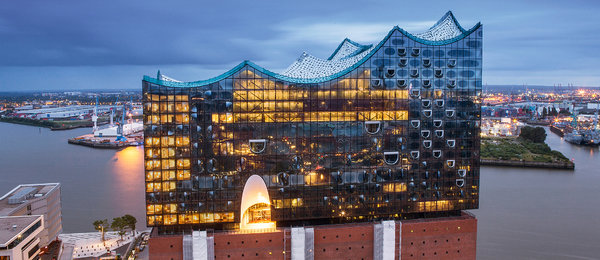Hamburg’s new hall and London’s: a false equation
mainThe rattlers are out in force in today’s newspapers, arguing that if Hamburg can build a new concert hall so should London – the more so now that the City of London has voted £2.5 million for another feasibility study.
Here’s what they fail to grasp:
1 Hamburg cost 866 million Euros – three quarters of a billion pounds.
2 The Elbphilharmonie was several times over budget, several years late and has abandoned its original projection that its built-in hotel and apartments will meet the actual running costs of the concert hall.
3 Nobody objected because it is a local project, locally funded and consensually supported on a national basis.
4 Hamburg is in Germany where classical music is part of the national DNA. The German head of state and the head of government turned out for the hall’s opening.

5 London’s hall, presently budgeted at quarter of a billion pounds, will certainly cost twice that amount.
6 There is no national support for the hall, and not much local backing. Nowhere beyond the M25 ringroad does anyone believe that money should be spent on a new hall in London.
7 Where culture is a vote-winner in Germany, it’s an election loser in the UK. That’s why there has been no public consultation on the new hall.
8 The City’s feasibility study will not be published before 2019, by which time the UK will have left the EU with economic consequences that cannot be foretold. It is hard to imagine that this hall will be greenlit in conditions of existential uncertainty.
9 London has over-capacity of classical space. The South Bank Centre has mostly been turned over to other art forms for want of public demand.
10 This is the wrong hall in the wrong place at the wrong time. QED.





Comments